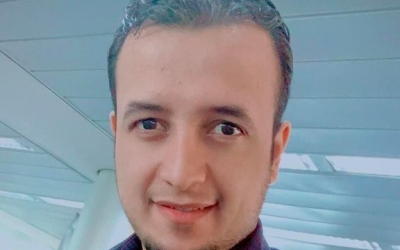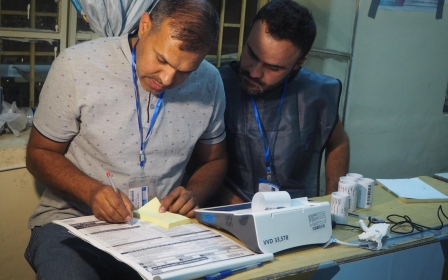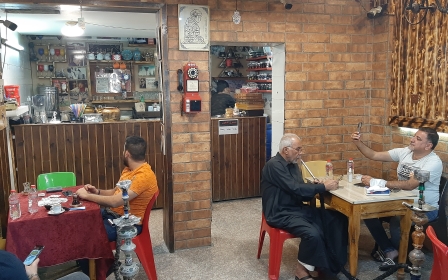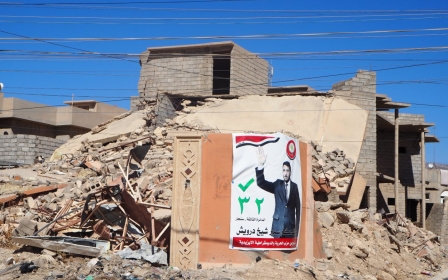Iraq elections 2021: Early results show Muqtada al-Sadr’s movement making gains
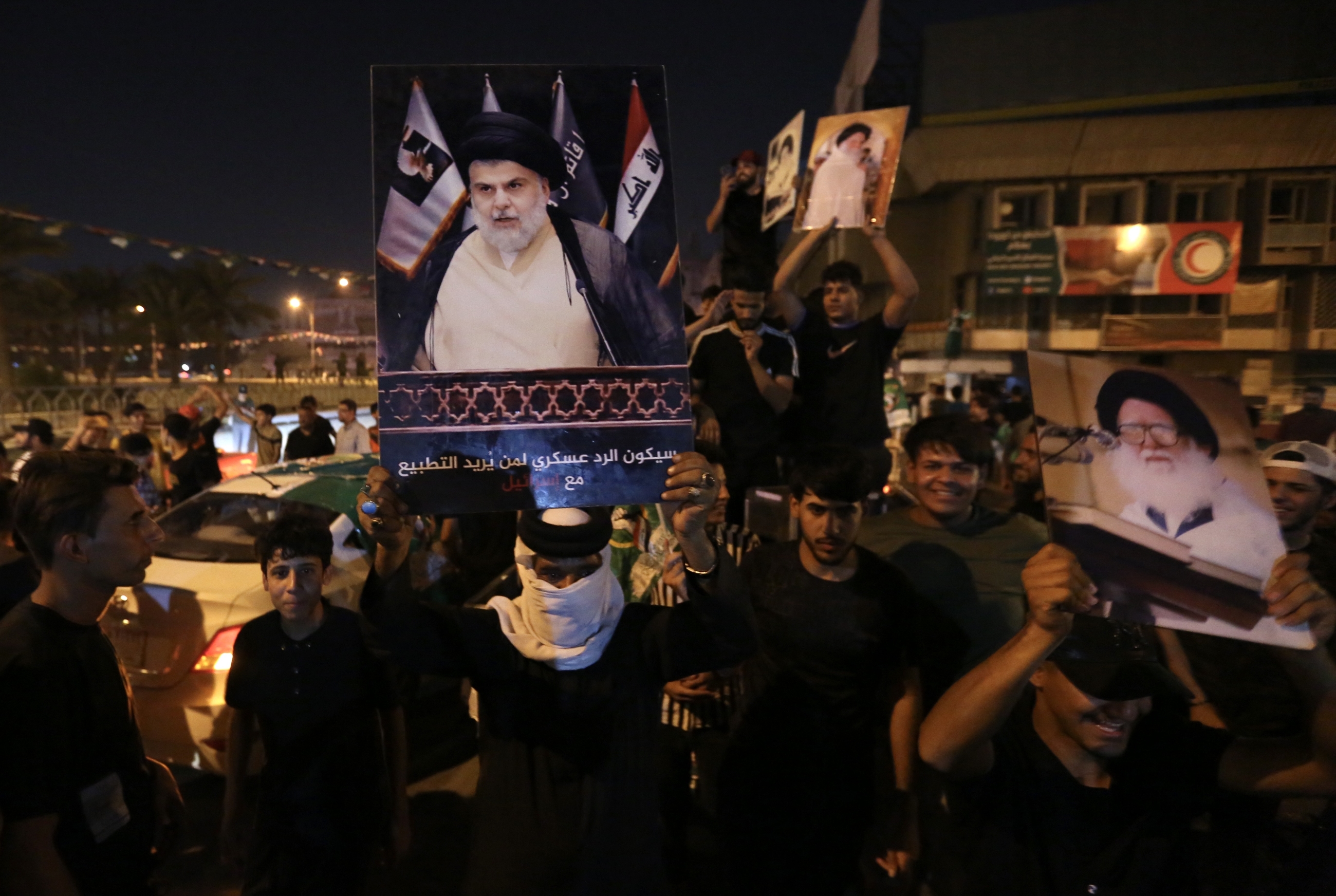
Muqtada al-Sadr’s political movement has made strong gains in Iraq’s parliamentary elections, according to results released on Monday afternoon by the country’s electoral commission.
The Iraqi High Electoral Commission (IHEC) has begun announcing the results for 10 provinces across Iraq, despite previously stating that full results would be available within 24 hours. It said the rest of the results would be released on Tuesday.
Preliminary results suggested Sadr's Sairoun coalition had won 73 seats out of the 329-seat parliament.
Apart from the gains made by Sadr, the State of Law coalition - led by former Prime Minister Nouri al-Maliki - also made strong gains in a number of provinces, with an estimated 37 seats.
The pro-Iran Fatah coalition, composed of militia group members and their supporters, lost a number of seats; while Imtidad, a political party formed by supporters of the 2019 October protest movement, gained seats in parliament in a number of areas.
New MEE newsletter: Jerusalem Dispatch
Sign up to get the latest insights and analysis on Israel-Palestine, alongside Turkey Unpacked and other MEE newsletters
Independents also won a number of seats.
In Iraq's northern Kurdish region, the New Generation party - founded by businessman Shaswar Abdulwahid Qadir for the 2018 election - made gains, while the previously anti-establishment Gorran party faced major losses.
IHEC reported that preliminary turnout was just 41 percent, even lower than the 44.5 percent recorded in 2018.
Observers and government officials have expressed concerns about the possibility of post-election violence from parties disappointed at the number of seats they received and the possibility of imposing local curfews has been raised.
The election was the first to take place under new rules brought in by Prime Minister Mustafa al-Kadhimi to try and appease anti-government protesters who have, since October 2019, been calling for reform or even overthrow of the entire political class.
The new electoral system saw the number of electoral districts increase to 83, rather than the 18 in previous elections.
Districts voted for individuals rather than parties, though candidates still have party backing unless they stand as independents.
Another rule change saw 25 percent of all seats reserved for female candidates.
More than 900 women ran in the parliamentary elections.
Widespread boycott
The vast majority of Iraqis did not vote on Sunday, with disillusionment with the country's political class widespread.
In Nasiriyah, one of the heartlands of the anti-government protest movement, activists called for a boycott of the elections, warning that voting would only lend "legitimacy" to a system they saw as intrinsically corrupt.
"We took to the streets [in 2019] to bring down the regime, not participate in it," Natiq al-Khafaji, one of the most prominent activists boycotting the elections told MEE.
"This (political) regime is murderous, criminal and corrupt, and we won't give it legitimacy by participating in the elections," Khafaji added.
"We called for a national salvation government and laws to regulate the work of parties, disband militias, and prevent political blocs that have armed wings from participating in the elections - but they bypassed our grievances and did what they wanted."
Local media reported voting machines malfunctioning in Kirkuk and Dhi Qar governates, leaving some voters unable to cast their ballots.
MEE was not able to independently verify issues reported in Kirkuk city, the Islamic State group's former stronghold of Hawija, and the Turkmen town of Altun Kopri.
Middle East Eye delivers independent and unrivalled coverage and analysis of the Middle East, North Africa and beyond. To learn more about republishing this content and the associated fees, please fill out this form. More about MEE can be found here.


